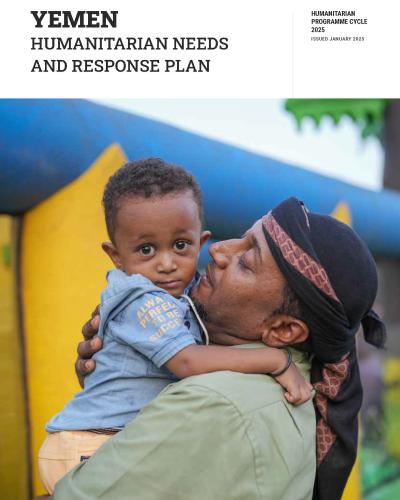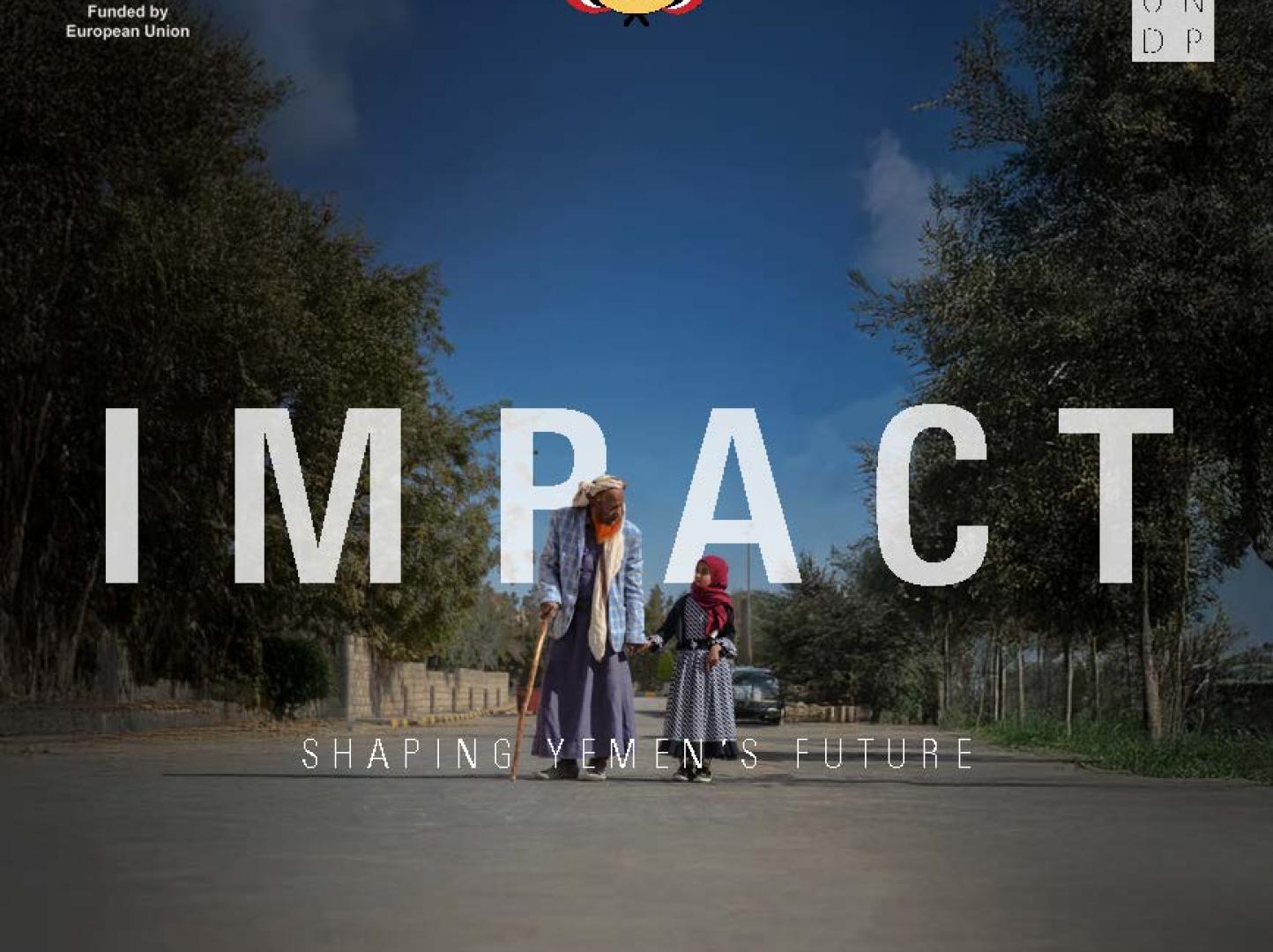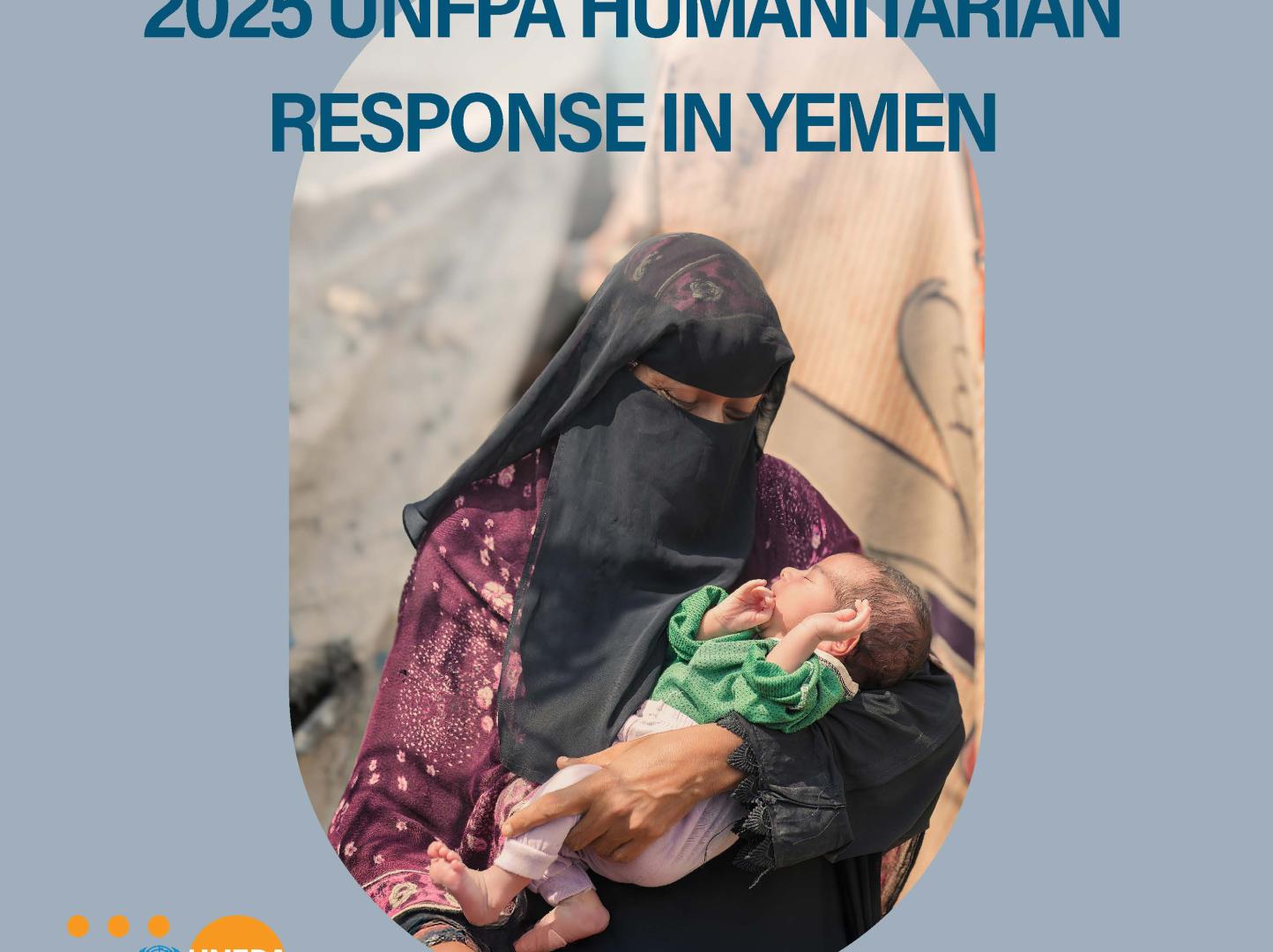Yemen Humanitarian Needs and Response Plan 2025 (January 2025)

Executive Summary
Millions of Yemenis continue to bear the brunt of the conflict and experience dire living conditions, as they find it increasingly challenging to feed their families, visit a doctor and send their children to school.
The country’s economy continues to decline, as climate shocks drive displacement and disrupt livelihoods. Food insecurity remains alarmingly high, and millions face severe protection risks. This reality is particularly acute for Yemen’s most vulnerable and marginalized groups, including women and girls, persons with disabilities, the Muhamasheen, refugees, migrants and internally displaced people (IDPs).
In 2025, an estimated 19.5 million people across Yemen need humanitarian assistance and protection services – 1.3 million people more than last year.
The 2025 Humanitarian Needs and Response Plan (HNRP) lays out a response that is locally-driven and grounded in the voices of affected communities. It is adapted to evolving needs and risks, and takes into account the dynamic operating environment and existing capacities. The plan is highly prioritized and the result of a rigorous boundary-setting exercise to include only life-saving and life-sustaining activities. It also puts forward concrete ways to ensure quality and cost-effective programming, improve targeting and minimize risk of diversion.
To fulfill the plan and provide humanitarian assistance and protection services to the most vulnerable population, totaling 10.5 million people, the humanitarian community is seeking US$2.47 billion.
The plan builds on progress made last year. In 2024, 197 aid organizations delivered a principled response reaching more than 8 million people with life-saving assistance and services. They achieved this despite persistent operational constraints, including bureaucratic impediments and interference. Humanitarians also faced increased violence and threats to their safety and security, including arbitrary detentions, which have hindered the humanitarian response.
The past decade has demonstrated that humanitarian action saves lives and safeguards people’s dignity. However, humanitarians cannot end civilian suffering alone. Much more is needed to reduce needs, achieve peace, revive the economy and build the resilience of communities through sustainable development activities.
Disclaimer
-
UN Office for the Coordination of Humanitarian Affairs
-
To learn more about OCHA's activities, please visit https://www.unocha.org/.






